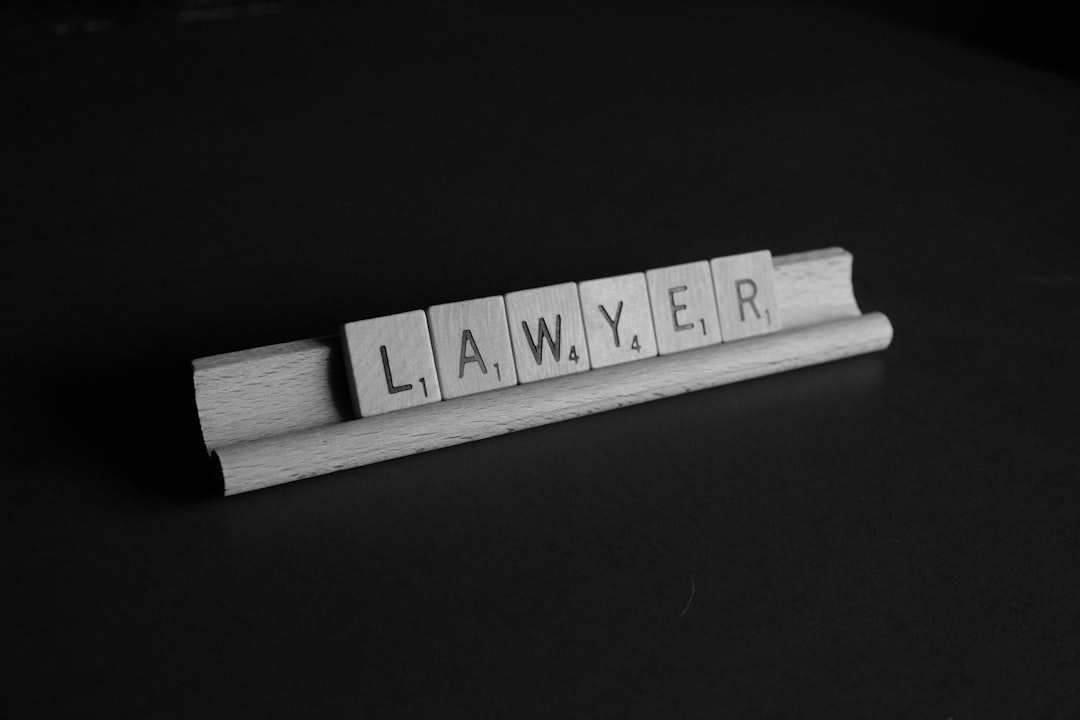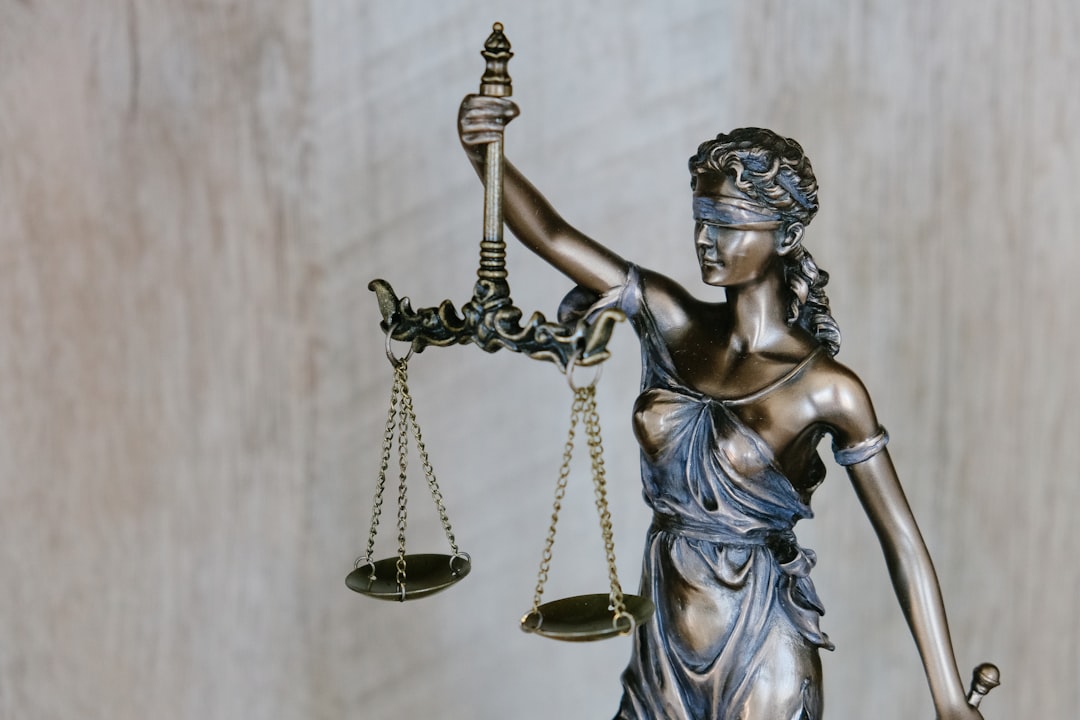In Illinois, the issue of #SchoolSexualAbuse remains a hidden crisis, often overlooked within the broader scope of child protection. This article delves into the critical role played by advocates who support survivors of such trauma. We explore the challenges faced by victims and the importance of legal rights and resources available in Illinois. Learn about strategies to empower survivors through advocacy, with a focus on the expertise of a school sexual abuse lawyer to navigate complex legal paths towards justice and healing.
Understanding School Sexual Abuse: The Hidden Crisis in Illinois

School sexual abuse is a hidden crisis that demands immediate attention in Illinois. It’s a sensitive topic, often overshadowed by other pressing issues affecting education, yet it significantly impacts students’ well-being and future prospects. Survivors of such abuse require support, advocacy, and legal assistance to navigate their traumatic experiences effectively. Many victims struggle in silence due to shame, fear, or lack of awareness of available resources.
In Illinois, where school sexual abuse lawyers play a crucial role, advocates work tirelessly to shed light on this issue. They provide essential services such as counseling, legal representation, and education to help survivors find healing and justice. By understanding the scope of this problem and raising awareness, these advocates aim to create safer learning environments and ensure that students’ rights are protected against any form of sexual misconduct.
The Role of a School Abuse Survivor Advocate

A school abuse survivor advocate in Illinois plays a vital role in supporting and guiding individuals who have experienced sexual abuse within educational institutions. These advocates are often former attorneys or legal professionals with a deep understanding of the complexities surrounding school sexual abuse cases. They serve as a beacon of hope for survivors, providing them with the resources and knowledge needed to seek justice and healing.
By specializing in school sexual abuse lawsuits, these advocates act as powerful voices for victims. They help navigate the legal system, ensuring that survivors’ rights are protected and their stories are heard. A school sexual abuse lawyer in Illinois will thoroughly investigate the incident(s), gather evidence, and develop a strong case to hold accountable those responsible, whether it’s a teacher, administrator, or any other party involved. This support is crucial for survivors who may still be reeling from the trauma and unsure of where to turn for help.
Legal Rights and Resources for Survivors in Illinois

In Illinois, survivors of school sexual abuse have specific legal rights and access to valuable resources. If you or someone you know has experienced such abuse, it’s crucial to be aware of these protections. A school sexual abuse lawyer in Illinois can help navigate the legal system and ensure your rights are upheld. They can guide you through the process of filing a lawsuit against the responsible parties, which may include the school district, administrators, or even individuals involved.
The state offers various support systems for survivors, including counseling services, legal aid organizations, and advocacy groups dedicated to helping victims of educational abuse. These resources provide not only legal assistance but also emotional support during what can be a challenging and traumatic journey towards justice and healing.
Strategies to Support and Empower Survivors Through Advocacy

Survivors of school sexual abuse in Illinois can find empowerment through advocacy, which plays a crucial role in their healing journey. A dedicated school sexual abuse lawyer in Illinois can guide and support victims by offering legal expertise tailored to their unique circumstances. These lawyers help survivors navigate complex legal systems, ensuring they receive justice and compensation for the trauma they’ve endured.
Empowerment also comes from connecting with advocacy groups and peer support networks. Sharing experiences and stories within a safe, supportive community allows survivors to feel understood and less isolated. Such connections encourage open dialogue, foster resilience, and enable survivors to collectively push for policy changes that protect future generations from similar abuses.






